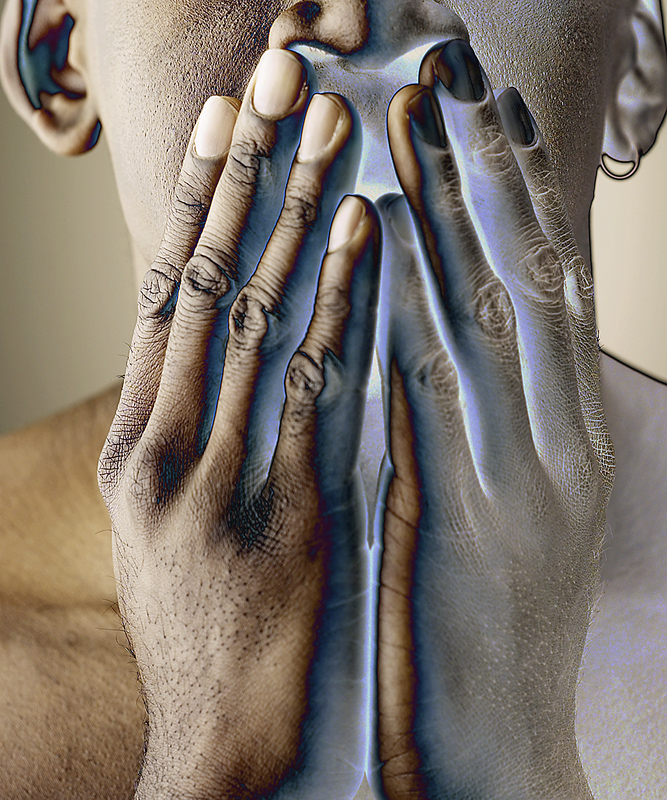In the novella Utopia, author Ahmed Khaled Towfik depicts a world in which the Egyptian economy has collapsed and the middle class has been eradicated, polarizing the population. There are those who live in the privileged and indulgent Utopia, and those who live in abject poverty outside – The Others.
The Others are depicted as animalistic and inhuman by the Utopians, but here a disparity arises between men and women – Utopian or Other. While the male protagonists are given center stage, the women are used as symbolic props in the background, much in the way which women’s bodies have historically and continue to be objectified today.
 Photo
Photo
Through me, she will see what she’s never seen before Aren’t the guys of Utopia just girls with facial hair? Aren’t we the studs that their women tremble for in fear and desire? Don’t their women wish, as they lie in the arms of their husbands or lovers, that one of us would ravish them? (116)
The first example of this is Germinal, a Utopian girl who gets trapped in the Other’s territory with her partner. Here, the man, Gaber, envisions his rape of Germinal as a sort of retribution for what the Utopians have done to him and the Others. The only thing which stops him from the rape is that he cannot stop envisioning his sister, Safiya, as the Utopian girl.
This is where the frailty of womanhood in this novel begins to truly show.
The girl from Utopia had passed out, of course, because of the mix of cough medicine and Parkinol with opium that Safiya had given her to drink…
Safiya, Gaber’s younger sister, assists in his attempted rape of Germinal without a moment’s thought. This is particularly troubling due to the similarities which the novel tries to draw between the Utopians and Others: “The most important thing is that every moment makes me feel that the points of similarity between us are quite strong” (104). Yet, neither of the prominent women in this novel are able to bridge that similarity between their womanhood, and each assists in the rape or attempted rape of the other.
Loyal Safiya had done as I ordered. She’d washed the girl’s dirty face and her filthy feet, which had begun to look like our women’s feet… She ran her fingers over the girl’s soft hair and said, ‘Take your time… You deserve to enjoy yourself, poor thing. You need clean hair and smooth skin. Enjoy yourself
When Alaa tells Germinal that he is going to rape Safiya, he commands her to “Get out!” Germinal, although unhappy, does as he says, allowing the rape of young Safiya, who, Germinal states later, is “just a child” (133).
Safiya’s rape, as Germinal’s attempted rape, is used as one big symbol as Alaa ridicules her: “Your poverity isn’t our fault … don’t you understand yet that you’re paying the price for your foolishness, your stupidity, and your submissiveness?” (132).
While the novel, for all the disparity it depicts between the Utopians and the Others, does attempt to draw similarities between the two classes, showing both their humanity and inhumanity. At least, it does this for the men. The women are utilized purely as symbol through the violations of their bodies, and with no sympathy extended to one another.

 Photo
Photo